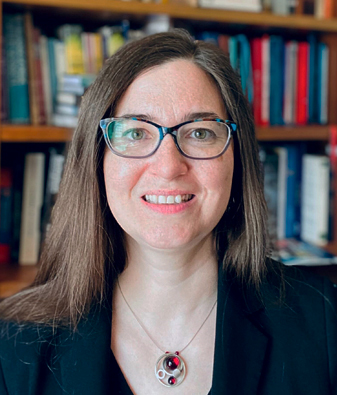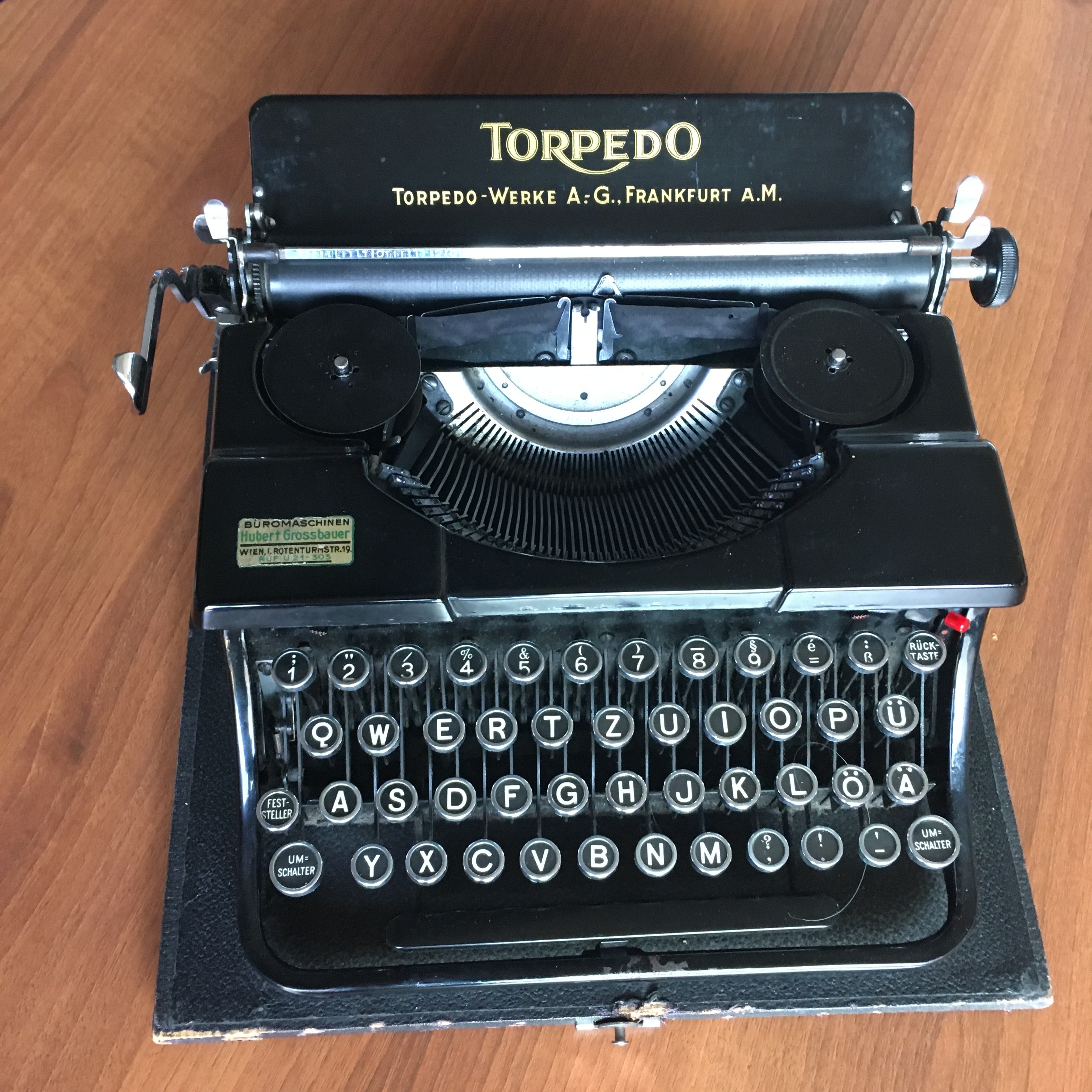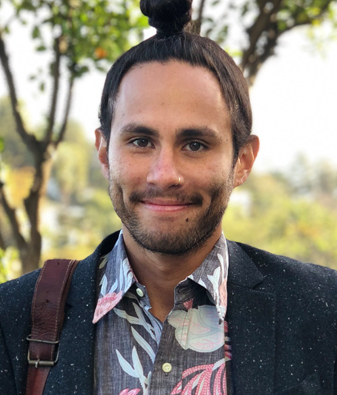Two Arts & Science faculty members — Alexandra Bolintineanu and Uahikea Maile — are among this year’s recipients of the University of Toronto’s Early Career Teaching Awards.
The award recognizes faculty members who are effective teachers and demonstrate an exceptional commitment to student learning, pedagogical engagement, and teaching innovation.
"Professors Bolintineanu and Maile share a deep commitment to their students’ academic experiences,” said Melanie Woodin, dean of the Faculty of Arts & Science. “Their dedication to teaching will continue to inspire generations of students throughout their careers. On behalf of the Faculty, congratulations to them both on this honour.”
Award recipients from across the University of Toronto will be honoured at the annual Excellence in Teaching reception, held in the fall.
Alexandra Bolintineanu
Assistant Professor, Teaching Stream, Centre for Medieval Studies and Woodsworth College

Alexandra Bolintineanu’s approach to teaching is reflected in the use of an “illegal typewriter” in her Introduction to Digital Humanities course. The typewriter belonged to her parents, and in then-communist Romania such devices had to be registered and “fingerprinted” so that any typed documents could be traced back to the machine and its owners.
Her parents defied authorities and didn’t register it, she says, “because they saw the ability to freely write and disseminate one’s thoughts as a technology of survival.”
“Touch things and wonder,” says Bolintineanu about her teaching philosophy. “Make things. Learn in community. Encapsulated in the typewriter encounter, these practices encompass what teaching means to me. It means inspiring wonder and critical thought through close, experiential engagement with artifacts of human culture, from literary texts to the books that hold them.”
Bolintineanu received the award for this approach and for her many significant contributions to teaching, including creating and coordinating Woodsworth College’s minor program in digital humanities, for which she designed the curriculum and designed and taught the first nine new courses.

Program courses combine research and critical analysis with experiential learning, as students visit rare book collections and museums, and work hands-on with text encoding, digital mapping, data visualization, augmented and virtual reality and 3D printing. In her courses, students learn to create digital exhibits and maps, turn medieval riddles into video games, and build digital archives of the lives of banned and endangered books.
“It’s a lovely culmination of these past years of tenacious hard work,” says Bolintineanu. “Most of all, it made me feel happy and grateful to all the magnificent teachers who shaped me, the brilliant colleagues who teach and support me, and most of all, to my awesome and amazing students whom it is my privilege to teach and from whom it is my privilege to learn.”
Bolintineanu adds this award to a list of honours that includes the Canadian Society for Digital Humanities Outstanding Early Career Award (2019) and the Centers and Regional Associations (CARA) Teaching Prize of the Medieval Academy of America (2023).
Uahikea Maile
Assistant Professor, Department of Political Science

Uahikea Maile is a Kanaka Maoli (Native Hawaiian) scholar, organizer and practitioner from Maunawili, Oʻahu. An assistant professor in the Department of Political Science, he is an affiliate faculty member at the Centre for Indigenous Studies and the Centre for the Study of the United States at the Munk School of Global Affairs & Public Policy.
Maile is also the founding director of the recently established Ziibiing Lab, a research collaboratory examining Indigenous politics from global, international and transnational perspectives. They are also finishing a book on the development of settler colonial capitalism in Hawaiʻi.
Since joining the department in 2019, Maile has originated new approaches to teaching and research in Indigenous politics. Maile has developed and taught five groundbreaking courses on the subject and consequently strengthened the department’s curriculum renewal.
His teaching philosophy draws on the interconnected Kanaka Maoli principles of kuleana (responsibility) and kūlana (positionality) to account for political and ethical responsibilities to place, people and power. Maile has fostered an engaged community of Indigenous scholars and students, both on and off campus. In Ziibiing Lab, he is cultivating an alternative learning environment for faculty, students and community members, particularly through educational programming such as a “Lunch and Learn” series featuring postdoctoral fellow researchers and graduate students.
Maile dedicates this award to his mother, Patricia Dunkin-Maile, of whom he says: "My mother homeschooled my older brother and I for eight years, almost all of them in a cramped one-bedroom apartment in Honolulu. She sacrificed a lot, and I was a handful. This award is for her — my first ever teacher — who led the way."

